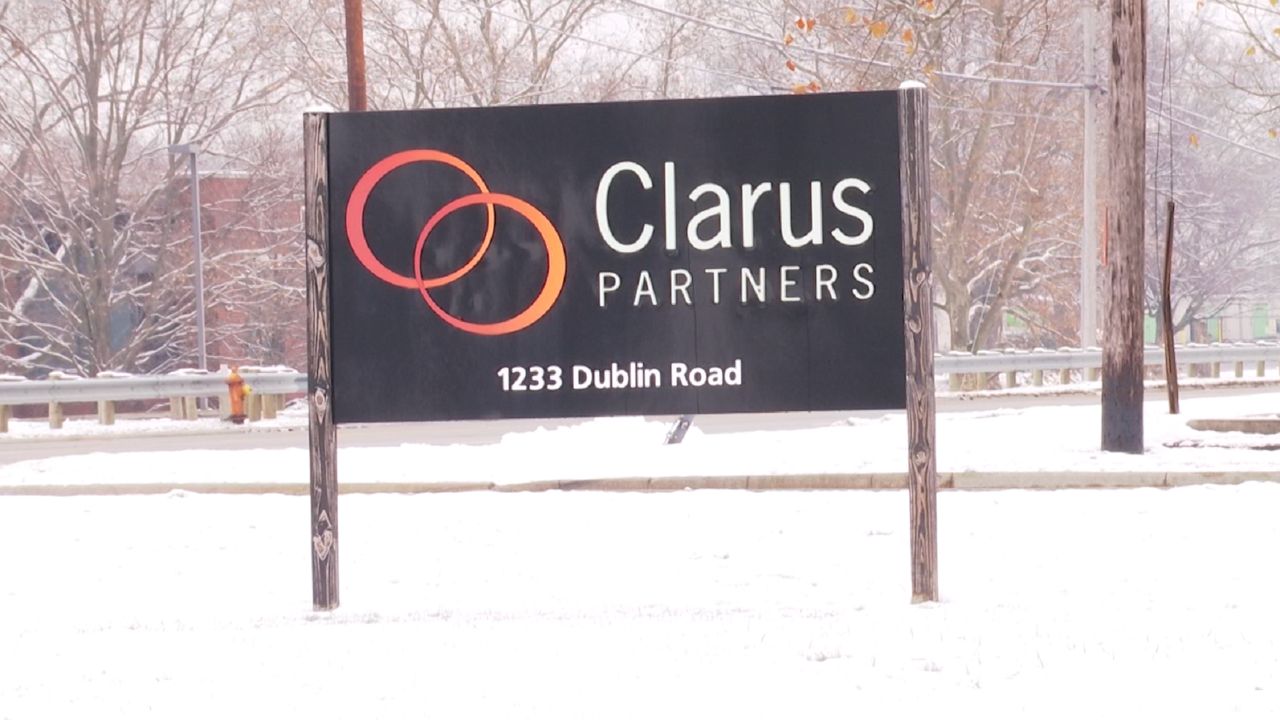COLUMBUS, Ohio — A Columbus-based startup helps companies maximize their research and development tax credit.
Jeff Haskett co-founded Clarus R + D in 2016 after a critical piece of legislation allowed early stage businesses easier access to tax credits.
“It created this great opportunity for startups but very few knew how to do it. So we came up with the idea to create basically kind of a Turbo Tax approach to help these young companies claim these credits,” Haskett said.
The company was thriving, expanding its clients across the country and on the way to doubling its 20 person workforce when the pandemic hit.
Clarus then pivoted to 100% virtual.
“It's forced us to be more efficient. It's forced us to be more communicative. But on the bad side, we're a team that really likes being together. And we just haven't really figured out how to take that impersonal get up to speed time that you typically have in an informal work place and translate that to Zoom meetings,” Haskett said.
Caleb Reynolds is a cyber security analyst at Interhack Corporation of Columbus.
He said companies have adapted well to the virtual setting but 2020 has taught us several valuable lessons.
“We need to have strong business continuity plans and disaster recovery plans in place. A lot of us we're expecting to have to do all this remote work at a very sudden time. So that really tested our abilities to respond to disasters when we can't physically access our networks anymore. What do we do as an organization?,” Reynolds said.
Haskett said the Clarus R+D team is looking forward to innovating in person at some point in 2021.
He said flexibility for the entire staff will be key moving forward.
“Have people in the office maybe on like a Monday and Tuesday and a Thursday. Maybe we have meetings where you have most of the people there. But allowing for flexibility the rest of the time. Where people can have the flexibility to work at home, care for their family, care for their children,” Haskett said.



